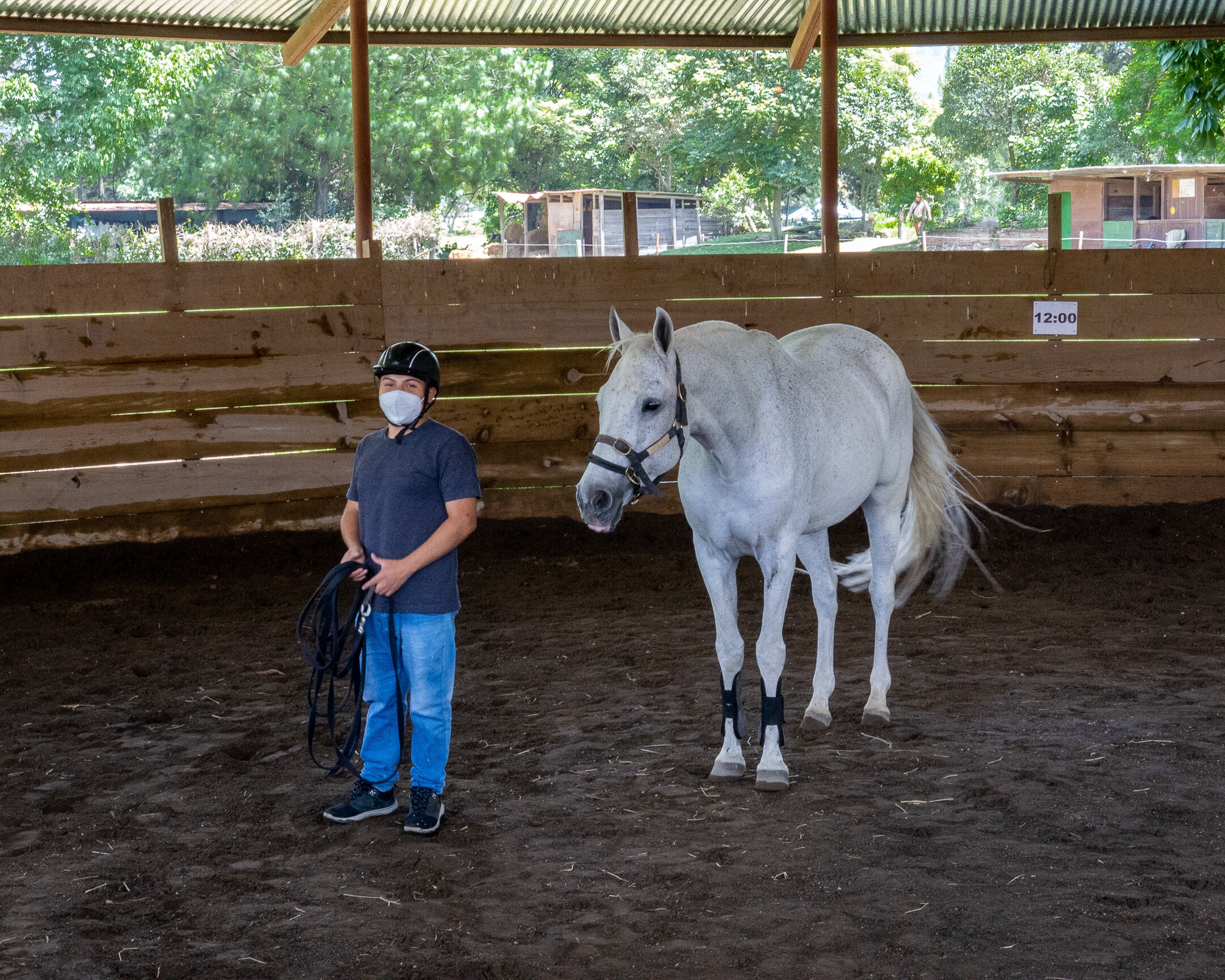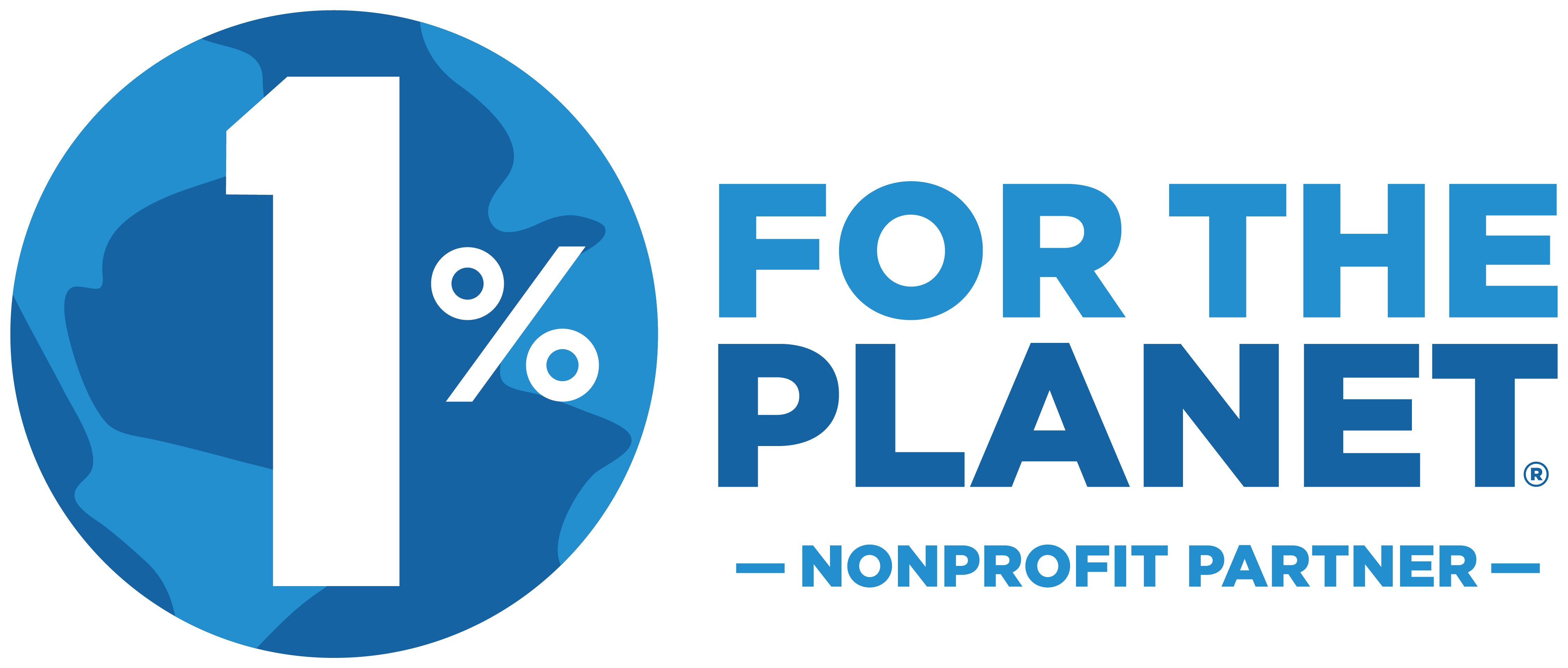
Lead-Up Guatemala
In 2012, Katie received an award from HM Queen Elizabeth for her efforts to reduce violence in the training of horses in Guatemala. On that same day, Katie, Monty and Debbie Loucks discussed the idea of using Monty’s methods of Join-Up within the framework of a working equine welfare program, operating in Guatemala to help shift attitudes and behaviours of horse owners and handlers towards non-violence. The results led to two published research studies and the beginning of Lead-Up as it is today.
It was in this context that Lead-Up was first started in Guatemala by Katie as an associate program of Join-Up with the objective of reducing youth violence in Jocotenango.

Guatemala
What we are trying to address
Guatemala is a truly beautiful country and is deep in culture and history. Sadly, much of that history has been tainted by violence at all levels of society. Today, the consequences of 36 years of civil war are still being experienced. Although the signing of the peace agreement is 24 years old, these consequences are still visible, and even the subtlest forms of violence are still seen as "normal".
In Guatemala violence and coercion is common within families, within communities, and as a tool for obtaining and maintaining power in business, politics and civil society.
Factors that lead youth to violence include exposure to violence and/or crime in the family, early involvement in alcohol, drugs and tobacco, the influence of one’s peers, a lack of opportunity, a lack of respect and empathy and a lack of self-worth. These factors are commonplace within the youth of marginalised communities of Guatemala. Jocotenango is one such community, and this is where Lead-Up Guatemala focuses most of its efforts.
Lead-Up knows that when young people experience violence, whether they are the victims or the perpetrators, that their connections to the community are fragile, complex, and fragmented. The longer young people experience violence, the more likely they are to continue in that cycle, and will most likely escalate to even higher levels of violence.
The needs of Guatemala, and specifically Jocotenango are many and varied; in many cases the only attention given to prevention of youth violence is the use of traditional methodologies that lack specific and alternative proposals to confront the cycles of violence - and their variable expressions - that especially affect adolescents and young people.
Our response
To help resolve this, Lead-Up has created an innovative program, for at-risk youth to discover that violence is never the answer. They learn techniques for the assertive management of their emotions, feelings and thoughts, allowing conscious, non-aggressive decision making, leading to the development of peaceful leadership.
To address the reality of their lives and of the fact that Lead-Up participants will return to face continued adversity and discrimination Lead-Up has developed an innovative and holistic approach to vocational training.
And, thanks to additional funding Lead-Up has helped establish the first Champions Cafe; a cafe and creative arts centre designed and managed by Champions from the Lead-Up Vocational Program.
-

Discovering Non-Violence
A set of workshops that teach vulnerable youth about non-violent communication, trust-based relationships and empowered yet peaceful leadership through lessons with horses and specifically through the embodied experience of Join-Up®.
-

Vocational Program
A 5 to 8 week program which uses an innovative and holistic approach to vocational training, addressing the complex psychological and emotional factors that often prevent at-risk youth from accessing and retaining decent work.
-

Being the Change
This stage consists of follow-up and empowerment actions to encourage the Lead-Up Champions to lead and coordinate their own projects, activities and social transformation initiatives with the direct support of the organization.









